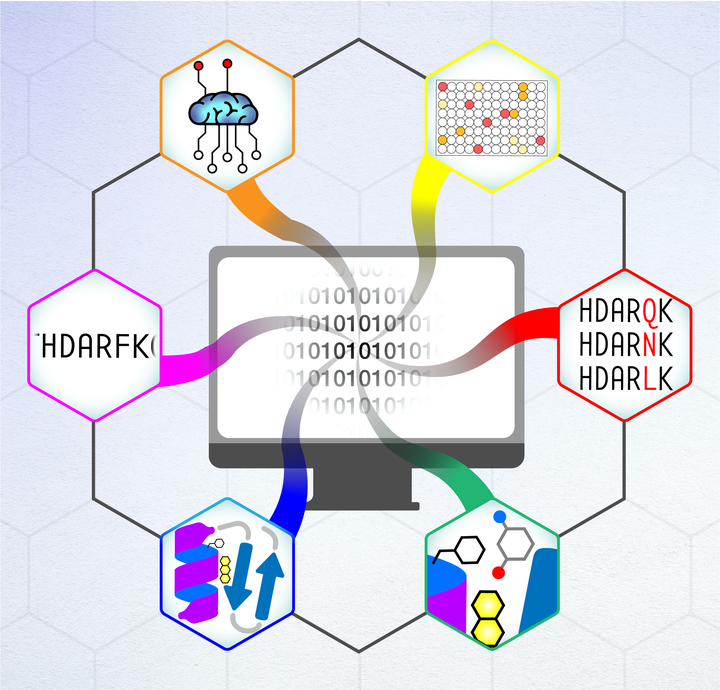First publication of the lab: review paper on computational enzyme engineering

Exciting news! Our lab has recently accomplished a significant milestone by having the first-ever paper published. It’s an invited review article for ChemBioChem’s ChemBioTalents, an absolute honor to be selected for.
In this comprehensive review, Kerlen did an exceptional job delving into the world of computational enzyme engineering. He meticulously examined a wide range of literature to uncover the computational tools commonly used in this field. The focus was on assessing the tools' ability to handle non-proteogenic elements such as cofactors, nucleic acids, and post-translational modifications. You might be surprised to learn that enzymes dependent on these elements are far from being the exception - less than a third of all enzymes rely solely on the 20 standard amino acids for their chemistry.
The review sheds light on an important aspect: while existing computational techniques are often optimized for proteins composed of the standard amino acid alphabet, they may fall short when it comes to accurately modeling enzyme systems with non-proteogenic compounds. This can lead to unsatisfactory results, necessitating additional adjustments, parameterization, or preparation.
Fortunately, the review doesn’t leave you hanging right there! Besides providing an overview of established and recent computational tools and workflows and highlighting the potential challenges that arise when incorporating non-proteogenic compounds into computational models, we outline available strategies to address many common issues. To inspire and guide readers, the review also showcases successful examples from the literature where computational techniques have been used to engineer such enzymes.
If you’re involved in the exciting world of computational enzyme engineering, we hope that this review provides a valuable resource.
Here is the link to the open access article: https://chemistry-europe.onlinelibrary.wiley.com/doi/10.1002/cbic.202300192